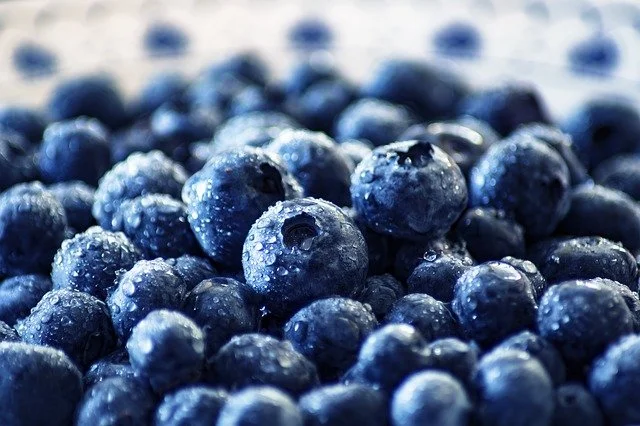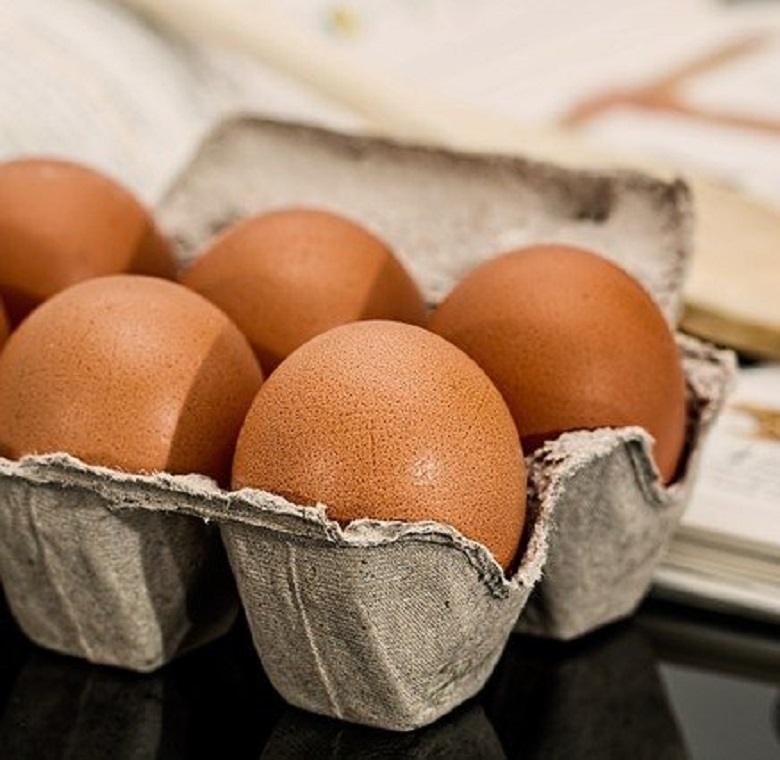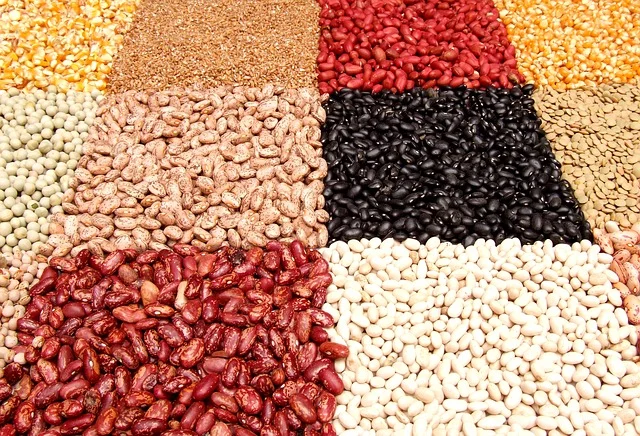5+ foods that are especially good for the health of the elderly

To stay healthy, you need to eat right. Over time, this advice becomes more important as metabolism slows down, cognitive function deteriorates, bone mineral density decreases, and muscle mass is lost in old age. Fortunately, some healthy and tasty foods can help reduce the negative effects of aging.
Blueberries

Blueberries contain many phytochemicals with anti-inflammatory and antioxidant properties that help slow down memory and other mental deterioration as we age.
The berry is also good for bone health, as foods rich in antioxidants speed bone healing and increase bone density, reducing the risk of fractures.
Leafy vegetables
Leafy vegetables, like blueberries, are rich in antioxidants, which regular consumption reduces the risk of heart disease, diabetes, cancer, dementia, and Alzheimer’s disease.
In addition, leafy greens (spinach, Chinese cabbage, arugula, etc.) contain folic acid, magnesium, potassium, and vitamin K. These substances are good for the cardiovascular system, brain, and bones.
Fatty fish
Fatty fish (salmon, trout, mackerel, salmon, etc.) are rich in omega-3 fatty acids that improve brain and nervous system health and reduce the risk of heart disease.
Fish is also an excellent source of quality protein, essential for maintaining strength and muscle mass.
Eggs

Eggs are often recommended to be eaten without the yolk, but the yolk contains most of the nutrients. The yolk is rich in selenium, vitamin D
Therefore, it is better not to eat only the shell in eggs; all the rest can and even should be eaten. The main thing is to do it without fanaticism.
Nuts and seeds
Nuts and seeds (hazelnuts, walnuts, cashews, pistachios, pumpkin and sunflower seeds, macadamia nuts, etc.) are excellent sources of vegetable protein and omega-3 fatty acids.
But it would be best if you did not eat too many of them because they are very caloric and contain many fats. It is better to consume no more than a hundred grams of nuts and seeds a day: they can be used as a quick, convenient, and hearty snack.
Legumes

Another rich source of plant protein is legumes: beans, chickpeas, peas, lentils, etc. In addition to protein, these foods contain fiber, which improves digestion and promotes weight loss, which is very important at increased risk of diabetes and heart disease.
Also, dietary fiber serves as food for beneficial bacteria in the intestines that support normal brain and immune system function.




